Tanks rumbled down Montreal streets. Soldiers stood guard in Quebec City. After the declaration of martial law, police conducted warrantless raids, detaining nearly 500 people. Two high-profile kidnappings – of a British diplomat and a senior politician – ended with a grisly murder.
For a brief period in October 1970, Canada was gripped by fear as separatists in the province of Quebec dramatically escalated their battle for independence.
The 40-year hangover: how the 1976 Olympics nearly broke Montreal
Read more
Since then, however, the dramatic events – which came to be known as the October Crisis – have for many Canadians faded into history.
As the 50th anniversary arrives, a flood of new documentaries are revisiting the dark chapter in Canadian history, probing both separatist violence and the government’s decision to suspend civil liberties in the name of order.
Inspired by socialist revolutionaries in Africa and Latin America, the militant separatist Front de Libération du Québec (FLQ) demanded both sovereignty for the province – and an end to its capitalist system.
Founded in 1962, the FLQ sought to exacerbate tensions between a disproportionately affluent anglophone minority, and the working-class francophone majority.
“There was this message that Quebec was always being hammered by the rest of Canada. It was oppressed, exploited, its people colonized by Anglos,” said D’Arcy Jenish, author of The Making of the October Crisis, an authoritative work on the period. “It was young kids who were inflamed by the rhetoric of the day and who had no patience for politics.”
Inspired by uprisings in Algeria and Cuba, the group struck symbolic targets throughout the province, including federal buildings and military bases. Their bombs, made with dynamite stolen from construction sites, brought chaos and fear to Montreal – and prompted the city’s police to hastily assemble its first bomb squad.
“We had next to no equipment because there was nothing offered on the market,” said Robert Côté, one of the squad’s original members, who is credited with dismantling dozens of bombs with his bare hands. “Eventually, we managed to get bomb suits. They could take a bullet, but with a dynamite bomb, they were useless. They really just added 85 pounds to the stretcher when they pulled you out.”
As the attacks continued, the devices became more powerful – and the targets bolder, said Côté, now 84. In 1968, he was tasked with dismantling a bomb planted in a Montreal department store.
“There’s a point where you hear the ticking of the bomb and you ask yourself, ‘What am I doing here? I should call the police’. But then you remember you are the police, so you just get to work,” he said.
The following year, the FLQ bombed the Montreal stock exchange, destroying much of the building and injuring 27 people.
“It was a horrible scene. Blood, panic and damage everywhere. It’s a miracle no one was killed,” said Côté.
After seven years of terror attacks, in which time they planted nearly 200 bombs and built up a cache of weapons, the FLQ adopted a new tactic.
On 5 October 1970, FLQ militants disguised as delivery men kidnapped the British trade commissioner, James Cross. Five days later, Quebec’s deputy premier, Pierre Laporte, was abducted as he played football on his front lawn with his nephew.
The kidnappings marked a turning point in the crisis, raising fears among political leaders that the situation could quickly spiral out of control. Later that month, nearly 3,000 people attended an FLQ rally in Montreal.
The mayor of Montreal and the premier of Quebec asked the prime minister, Pierre Trudeau, to take extreme measures.
“The equation for [them] was simple: maintaining public order for the many had to take precedence over the civil rights of a few,” said Jenish. “If not, there could have been street demonstrations with thousands supporting the FLQ. You would have had rioting, bloodshed and chaos.”
Asked by journalists about how far he was willing to go in deploying the military to city streets, Trudeau grinned and said: “Just watch me.”
Early on 16 October, the prime minister invoked the War Measures Act, suspending habeas corpus and giving police wide discretion when conducting arrests. It was the first time the legislation had been invoked in peace time.
The decision had the support of a large majority of Canadians in and outside of Quebec. But it marked a blow to the country’s liberal ideals.
Two days later, Laporte’s body was found in the trunk of a car at Montreal airport. The murder, which Trudeau blasted as a “cowardly” assassination, rocked Canada – and any remaining public goodwill for FLQ evaporated.
“When you get to a diplomat and a politician being kidnapped, and one of them ending up dead, it’s just a shocking departure from the way Canadians saw themselves – and in the way most of the world saw Canada,” said Jenish.
Cross was held for 62 days, before the government struck a deal with his five captors, who were granted safe passage to Cuba, in exchange for his release.
After temporary exile in Cuba, the kidnappers returned home a decade later to face charges. In total, eight people were killed and dozens injured in separatist violence between 1963 and 1970.
In addition to new documentaries on FLQ leaders and the Cross kidnapping, the anniversary has prompted fresh scrutiny of Trudeau’s decision to implement martial law.
While he enjoyed immense support at the time, few of the 497 swept up in the arrests were ever charged; many claim they suffered abuse at the hands of the police.
In recent weeks, political parties in Quebec have demanded an apology from the federal government for its use of the War Measures Act, something the current prime minister – Pierre Trudeau’s son, Justin – has declined to offer.
“It was incredibly sweeping legislation,” said Geoff Turner, host of Recall: How to Start a Revolution, a new CBC podcast on the October Crisis. “But it was applied to a problem that was really fairly local. The FLQ was really only active in Montreal and to a small extent in Quebec City. And there was one bombing in Ottawa. In retrospect, it looks pretty ham-fisted that they enacted this legislation nationwide.”
But as separatist sentiments in Quebec wane, the anniversary of the crisis has also prompted scrutiny of the FLQ’s tactics.
“These guys were all so deeply committed to the ideas that … it made it easier for them to not acknowledge the hurt they might have been causing,” said Turner.
The militants’ urban guerrilla campaign was taking place against a backdrop of rapid political change. Sovereigntist parties would soon win in the province’s legislature and laws would entrench the French language – all achieved without violent uprising.
“Today, the old FLQ members are seeing their dream of an independent Quebec fade into the sunset,” said Jenish. “Young people in Quebec today are more worldly than their parents’ generation. They’ve seen all the advances that have been made in Quebec society. The sovereigntists’ dream is getting weaker as time goes on.”









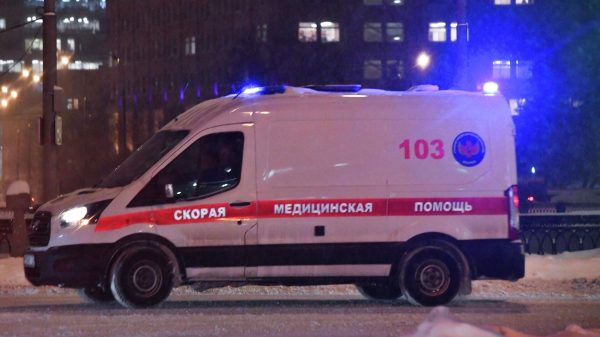
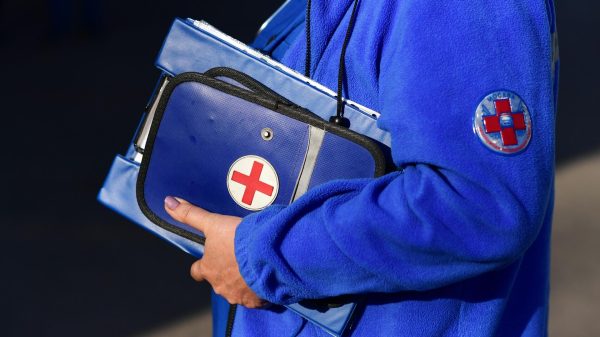







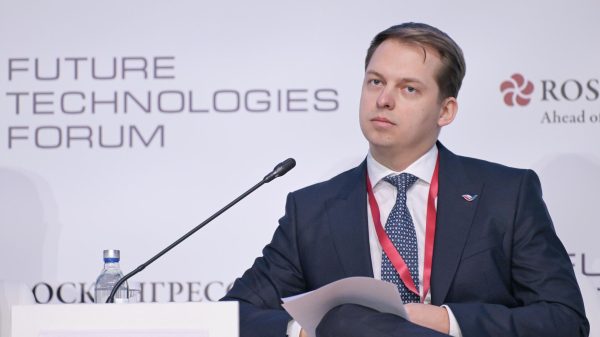















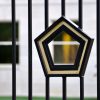

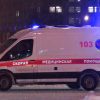















Свежие комментарии